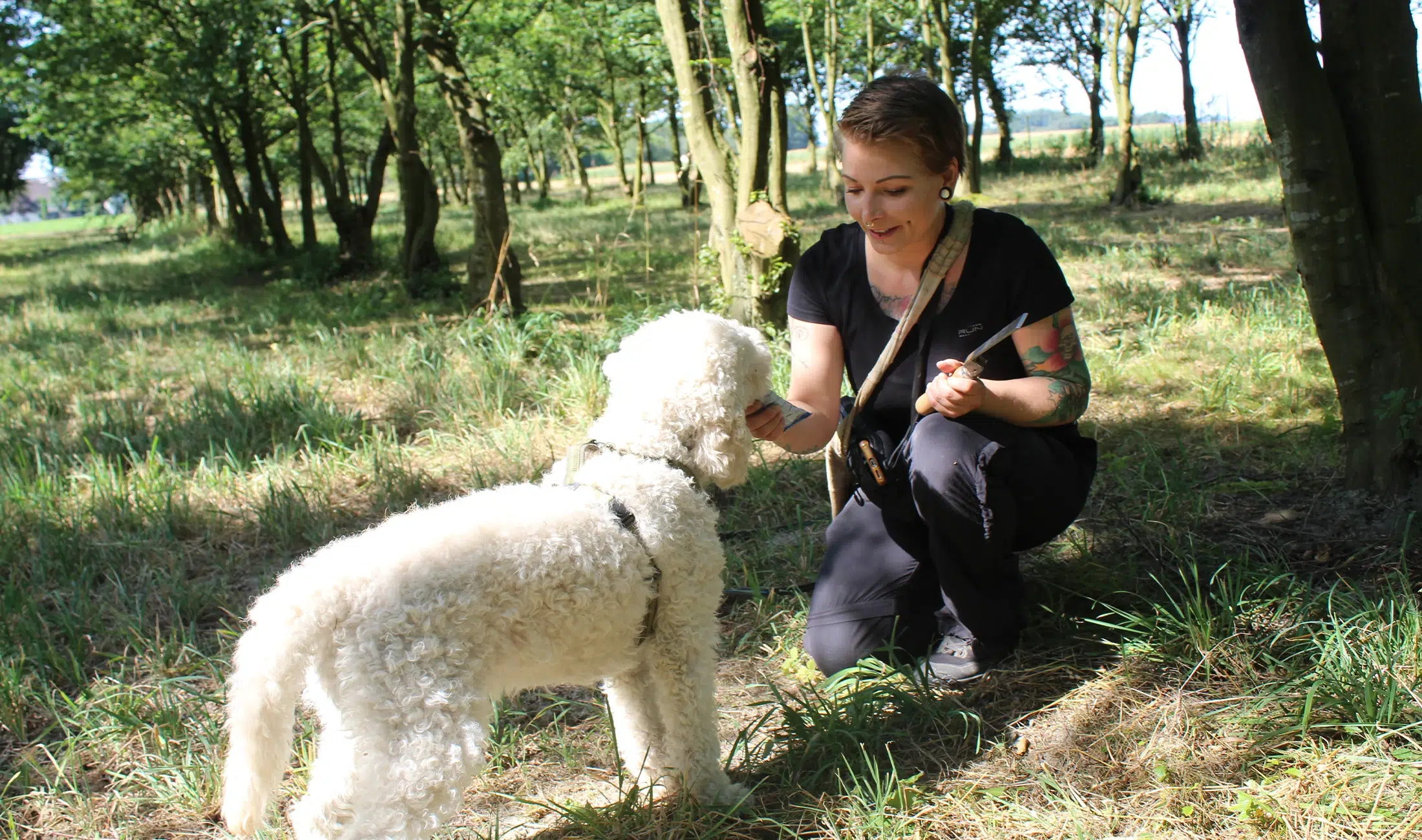FUNGI WORLD
Auditorium
October 12, 2025 — 11 a.m. to 5 p.m. — Audimax of the University of Vienna
Fungi are hidden giants – ubiquitous, often overlooked, yet fundamental to life on Earth.
In this interdisciplinary lecture series, international experts from science and practice come together to delve into the fascinating world of fungi. The focus is on scientific findings and the big questions of our time: How do fungal networks influence soils, forests, and the climate? What does the current state of knowledge mean for future nature conservation? What have we already researched – and what do we still not know? How can we continue to share this fascination and make it visible? – And what do underwear have to do with soil conservation?
A day full of exciting insights, new perspectives and inspiring impulses – for all who are curious about the potential that lies dormant in mycelium.
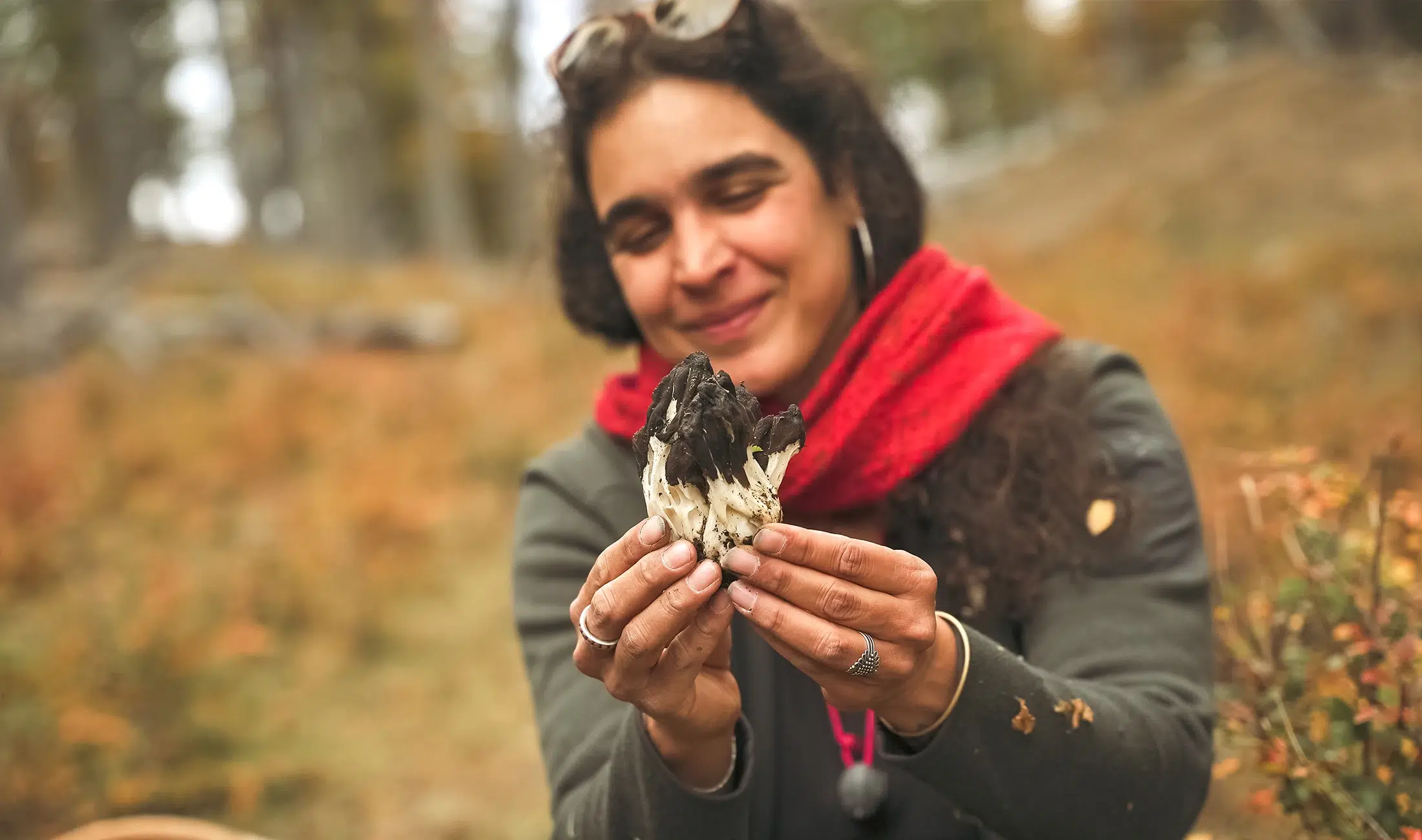
Photo: Mateo Barrenengoa
Program
Start: 11 a.m.
— Miriam Shalamun: Small impulses, big impact – How fungi react to their environment
— Mark Anthony: Forest secrets and lab discoveries: how fungi drive plant growth
—Catherine Marciniak & Stephen Axford: Planet Fungi at Pilzfestspiele 2025
Lunch break: 12:45 to 1:30 p.m.
— Joseph Strauss: Communication network and memory – an “epigenetic” dimension in the life of fungi
— Franz Bender: The jungle beneath our feet – soil biodiversity, our civilization, and what underwear has to do with it.
Break: 2:30 to 3:00 p.m.
— Jürgen Czernohorszky, City Councillor for Climate Protection, Environment and Democracy: Funga in the Vienna government program
— Giuliana Furci & Francisco Kuhar: Flora, fauna, fungi
— Panel discussion
Venue
The Audimax of the University of Vienna is located in the basement of the main building at Universitätsring 1, 1010 Vienna. Access is via the main entrance on Universitätsring, not far from the Schottentor subway station.
Speaker
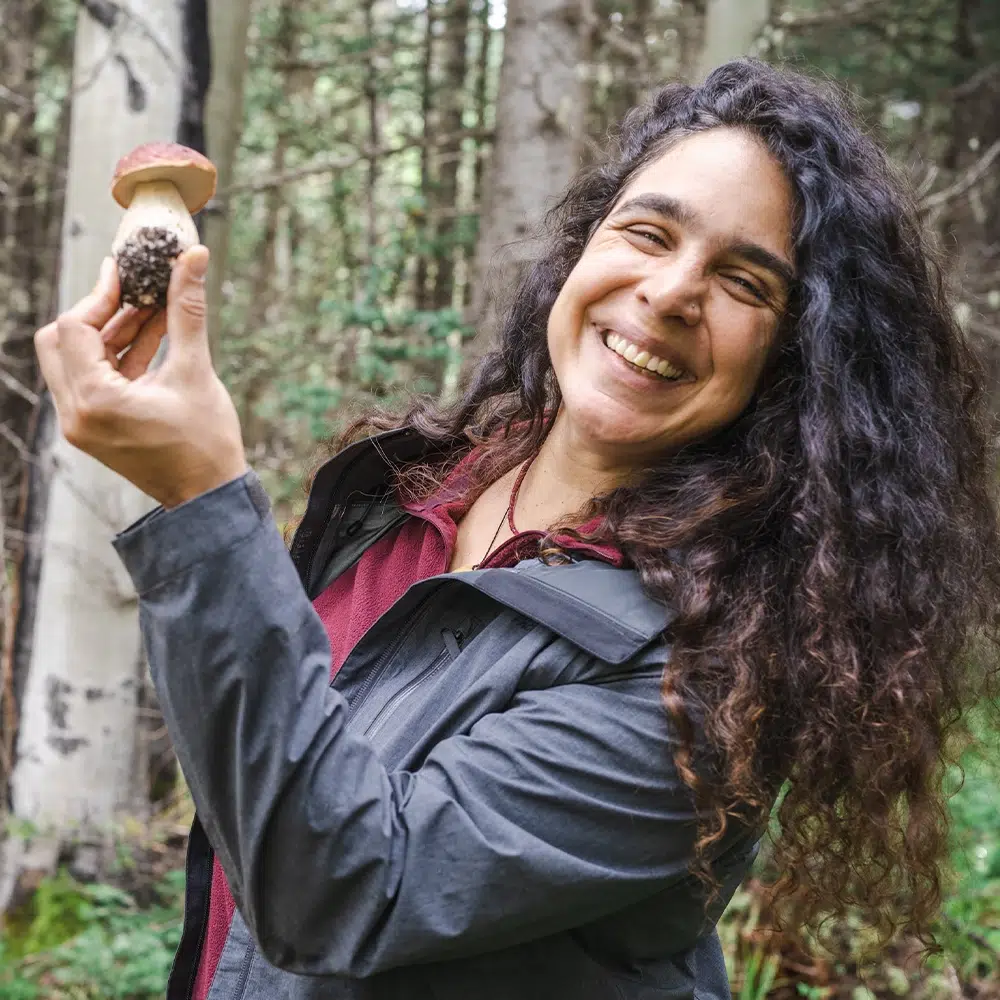
Lecture: Fauna, Flora, Funga: A Movement to Transform Biodiversity Conservation Laws
How can a global movement influence public policy? In this keynote, Giuliana Furci will share the journey from the inception of the Fauna, Flora, Funga (FFF) Proposal to its growing impact on the world's most significant legal frameworks, aiming to protect fungi at the same level as plants and animals are.
Join us to discover how this groundbreaking work is reshaping conservation efforts and paving the way for fungi to be legally recognized and protected as a vital part of our planet's biodiversity
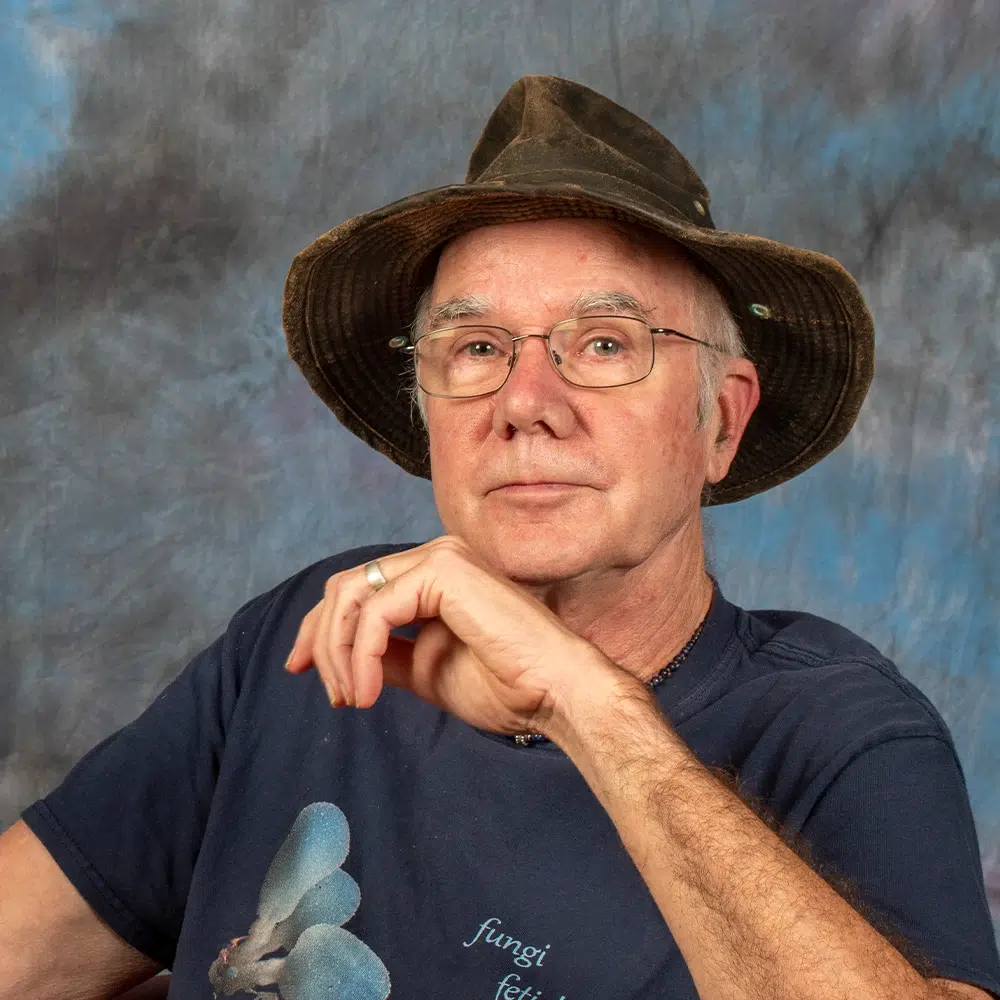
Lecture: Planet Fungi at Pilzfestspiele 2025
Step into the spellbinding world of fungi with Stephen Axford and Catherine Marciniak of Planet Fungi. In their main presentation, they'll take you on a journey through their global fungi safaris, from the misty highlands of Asia to the ancient woodlands of Africa. With stories of collaboration with international mycologists and breathtaking time-lapse footage, they'll reveal how their creative fusion of science, photography and film — what they call mycomedia — is transforming the way we see fungi and their importance in the web of life.
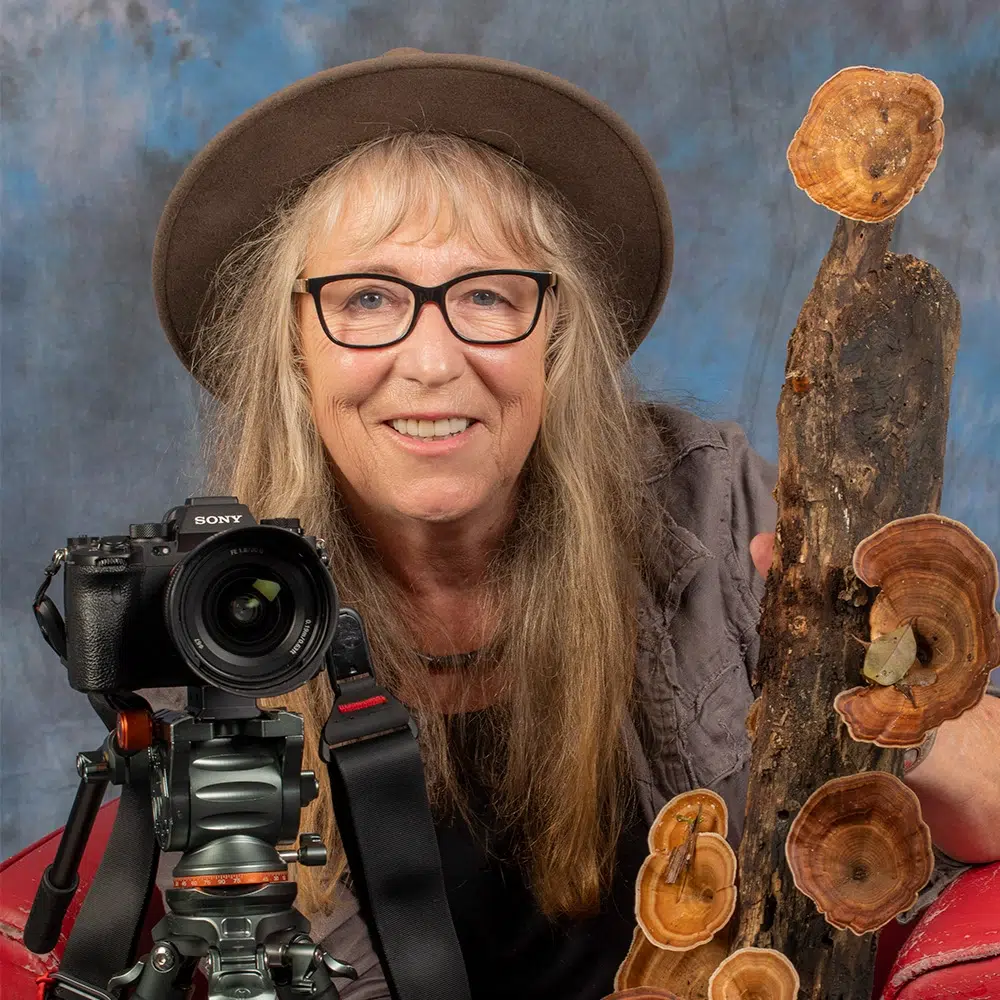
Lecture: Planet Fungi at Pilzfestspiele 2025
Step into the spellbinding world of fungi with Stephen Axford and Catherine Marciniak of Planet Fungi. In their main presentation, they'll take you on a journey through their global fungi safaris, from the misty highlands of Asia to the ancient woodlands of Africa. With stories of collaboration with international mycologists and breathtaking time-lapse footage, they'll reveal how their creative fusion of science, photography and film — what they call mycomedia — is transforming the way we see fungi and their importance in the web of life.
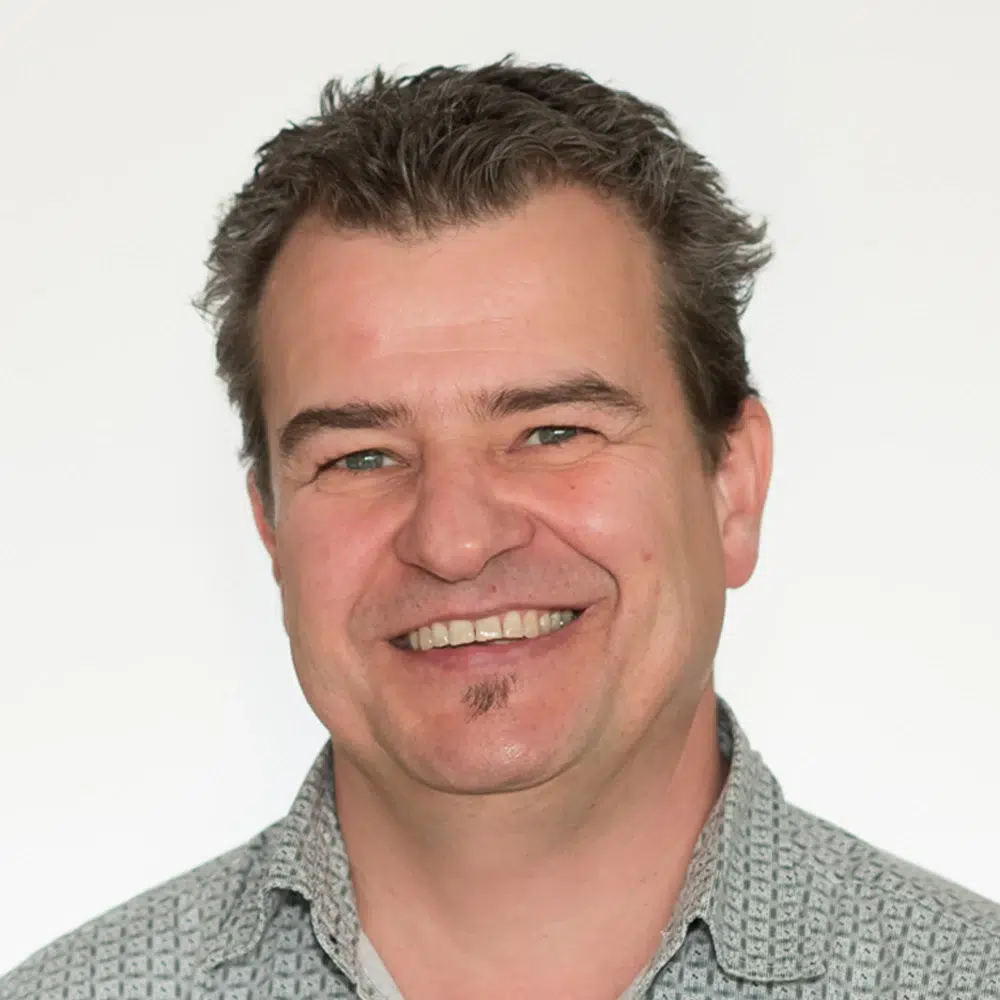
Lecture: Communication network and memory – an “epigenetic” dimension in the life of fungi
Joseph's research focuses on the molecular genetics and functional genomics of fungi—particularly molds and plant pathogens such as Fusarium. He investigates the role fungi play in the nitrogen cycle and how they produce bioactive compounds with potential applications.
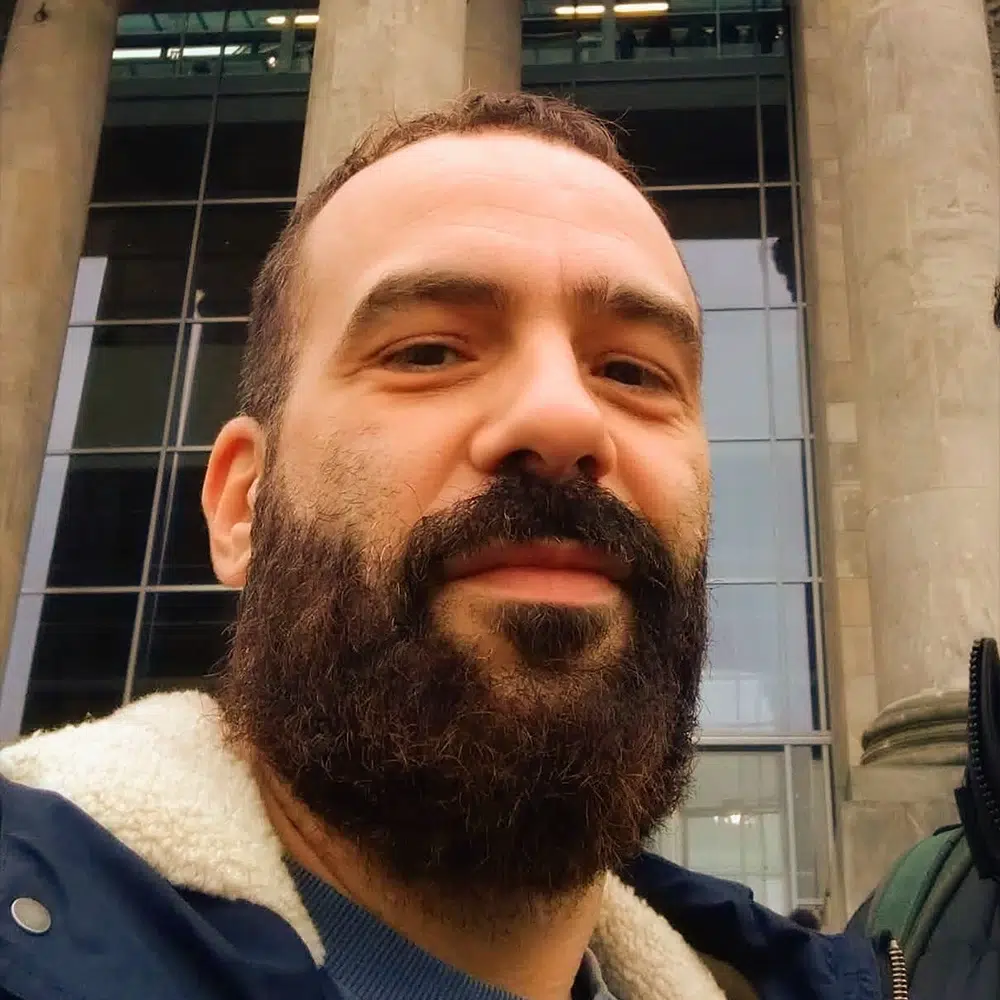
Francisco Kuhar is a mycologist with a broad interest in fungal biology and diversity. His current work focuses on optimizing and scaling up industrial processes involving mycelium. Beyond his research, Francisco is passionate about science outreach, conservation, evolution, and the role of fungi in cultural history. He has lectured on mycology throughout Argentina and is a member of both Argentina's Research Council and the Fungi Foundation.

Lecture: The jungle beneath our feet – soil biodiversity, our civilization and what underwear has to do with it.
Soil forms the foundation of human civilization, and soil organisms drive the functioning of ecosystems. Soils produce 95% of our food, filter our water, and are the planet's largest recycler. They are home to more than half of the world's biodiversity. However, overdevelopment, erosion, pollution, and intensive cultivation are threatening soils worldwide. The citizen science project "Beweisstück Unterhose" (Underpants Evidence) was launched to highlight the importance of and threats to soils and to investigate the activity of soil organisms. 2,000 standardized pairs of cotton underpants were sent to over 1,000 citizen scientists from all over Switzerland. They buried the underpants in the ground, where they decomposed.
The underlying idea was that the greater the decomposition, the greater the soil health. Participants collected soil samples and entered location and management information into a specially developed app. After one and two months, the underpants were dug up, dried, and sent to the laboratory. There, the degree of decomposition of the underpants was determined and correlated with the location and management data. At the same time, all participants also buried tea bags to determine the Teabag Index (TBI), a scientifically established method for assessing soil decomposition processes. The results showed that management practices and soil properties were the most influential factors influencing soil biological activity. While underpants decomposed most in private gardens, the least occurred in lawns. Underpants and TBI were equally suitable as indicators of soil quality. However, underpants have the advantage of directly visualizing the activity of soil organisms. Furthermore, underpants are very effective in the media. The project attracted considerable media attention and made it possible to draw global attention to the importance of and threats to soils as the basis of our lives.

Lecture: Forest secrets and lab discoveries: how fungi drive plant growth
Marc Anthony is fungal ecologist at the University of Vienna and explores how fungi shape forest ecosystems. Using genomic tools, Mark studies the forest mycobiome—uncovering how fungal communities influence productivity, biodiversity, and carbon storage in our forests.
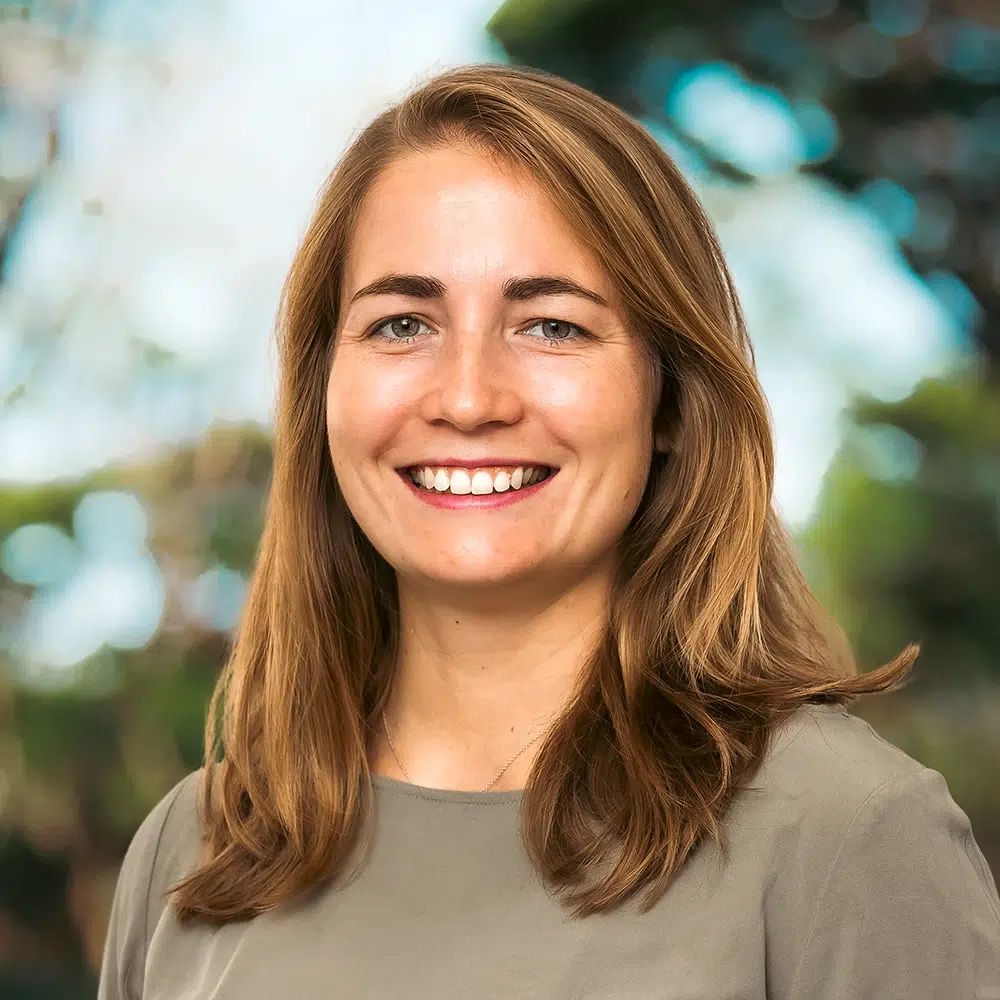
Miriam is a passionate biotechnologist with a particular interest in innovative sequencing technologies and bioinformatics data analysis. She is particularly fascinated by nanopore sequencing, which she successfully established as part of her master's thesis on plant systems at the Australian National University in Canberra.
During her doctoral studies at the Vienna University of Technology on the topic of "Cellular Signaling in Fungi," Miriam deepened her interest in fungi and their interactions with the environment. She conducted her practical work at the AIT Austrian Institute of Technology.
Today, Miriam brings her extensive expertise and passion for fungal research to bear as Head of Research and Development at MyPilz.
Photo: Lukas Hof

